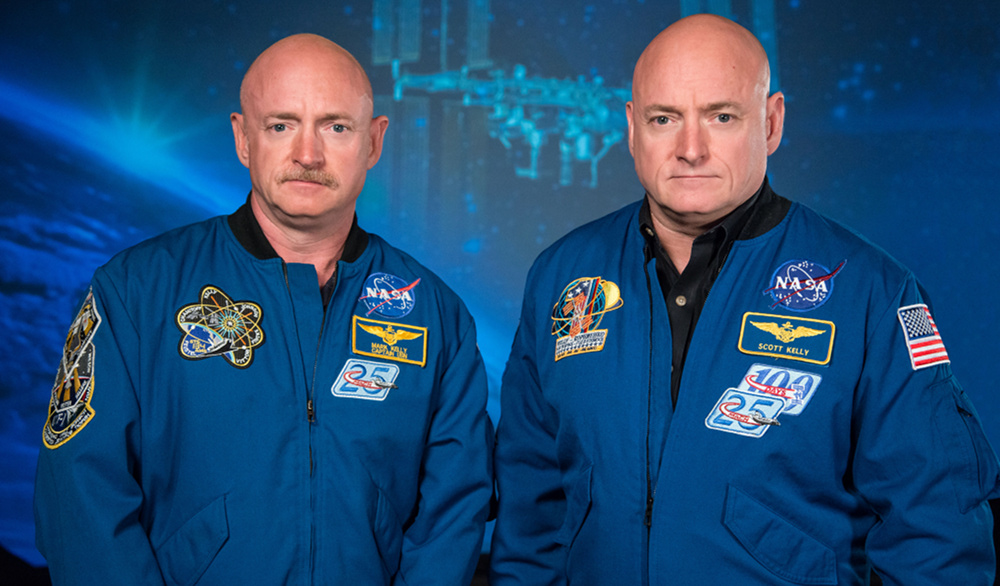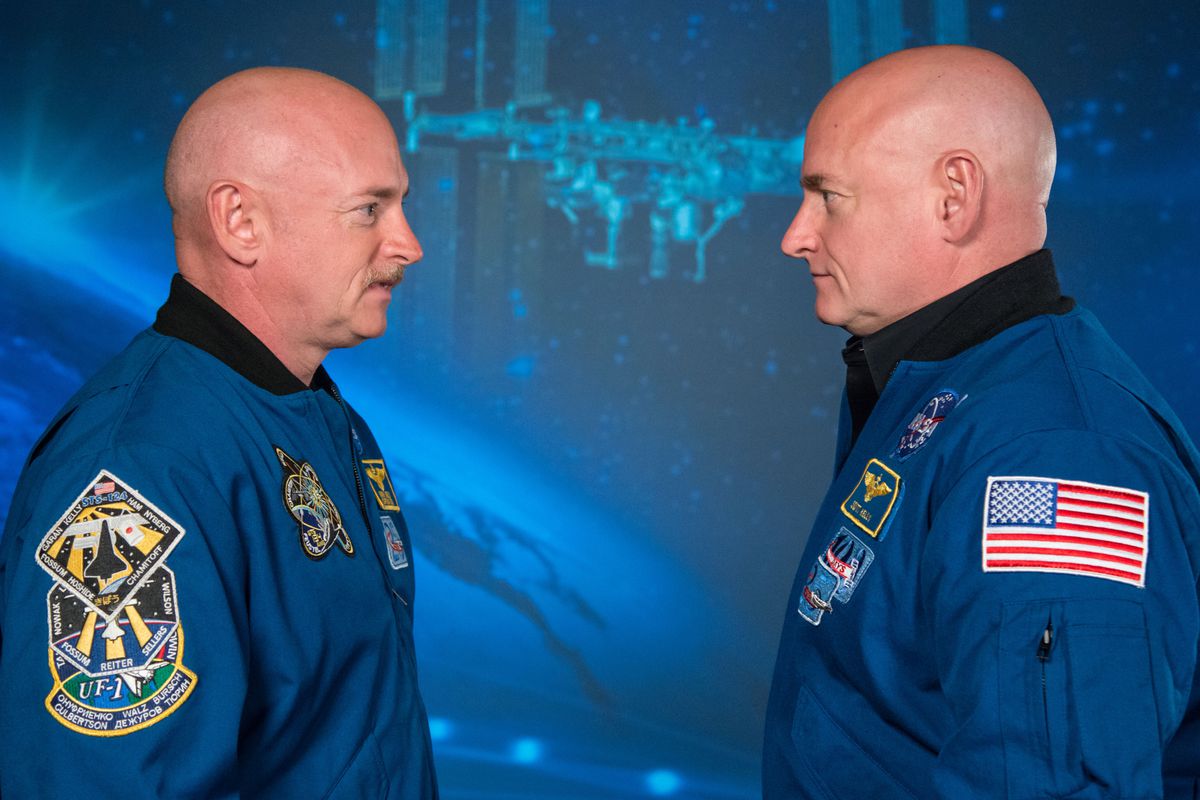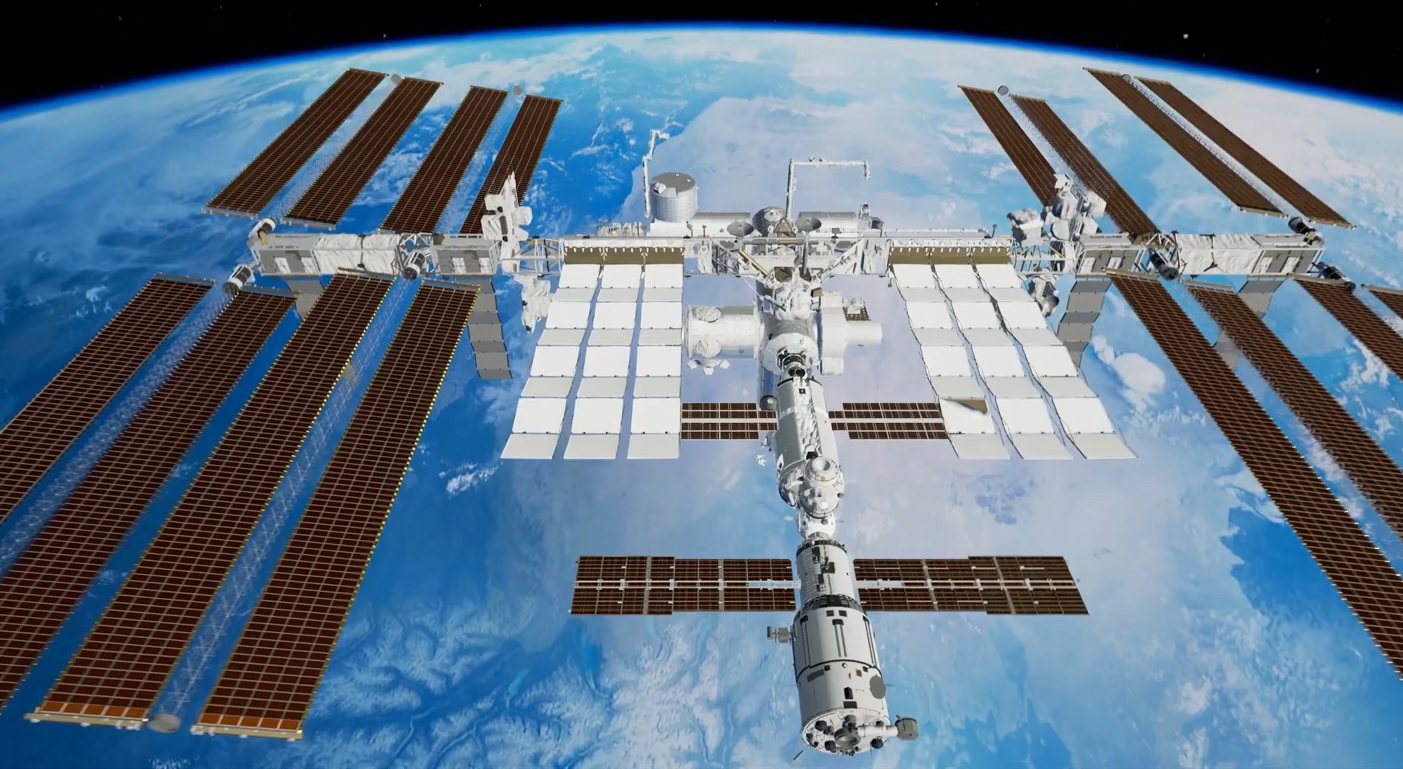Science & Tech
After Spending One Year in Space, Astronaut Scott Kelly’s DNA is Different From His Identical Twin Brother’s

Thought leaders, including the late Stephen Hawking and Elon Musk, hope for humanity to one day explore the cosmos. But what effects — mentally, physically, and emotionally — will occur as humans live in a vacuum space for extended periods of time? Following astronaut Steve Kelly’s one-year stint in space, we may finally have some clues.
To research the long-term effects of space travel on the human body and mind, NASA conducted a unique project called the Twins Study. The test subjects were identical twin brothers, Scott and Mark Kelly. Both are astronauts, which made them ideal candidates for the trial. In fact, the Kelly brothers are the only twin astronauts in history, according to NASA.

Credit: NASA Twin Study
In March 2015, Scott Kelly flew up to the International Space Station (ISS) where he lived for 340 days. He survived what is now the single longest space mission in history. As LiveScience reports, most astronauts stay aboard the ISS for six months at a time. Meanwhile, Mark remained on earth as a control subject.
When Scott returned to Earth after the nearly year-long voyage, he was 2 inches taller than he’d been when he left. Additionally, his body mass decreased and his gut bacteria were completely different. Perhaps most noteworthy change is that Scott’s gene expression changed significantly. This marvel was outlined by NASA outlined in their preliminary findings.

Credit: The Verge
The Kelly brothers were tested extensively before, during, and after Scott’s year in space. Most of the changes Scott experienced were physical — and temporary. Bodily changes occurred due to the low-gravity, low-oxygen environment of space. But shortly after returning to Earth, he shrunk down to his initial pre-spaceflight height. What didn’t change were his genes involved in bone formation, DNA repair, oxygen deprivation, and immune system responses. NASA researchers theorize this is due to a usual type of stress: the stress of space.
Said Christopher Mason, a Twins Study researcher and an associate professor at Weill Cornell Medical College:
“Oftentimes, when the body encounters something foreign, an immune response is activated. The body thinks there’s a reason to defend itself. We know there are aspects of being in space that are not a pleasant experience, and this is the molecular manifestation of the body responding to that stress.”

Credit: NASA Twin Study
The results of the Twin Study should help NASA researchers discovery why and how the “space genes” activate. Once the effects are known, longer manned space missions can be planned. According to the space agency, Scott Kelly’s year in space is a “stepping stone to a three-year mission to Mars.”
What are your thoughts? Please comment below and share this news!
h/t LiveScience
Typos, corrections and/or news tips? Email us at Contact@TheMindUnleashed.com
